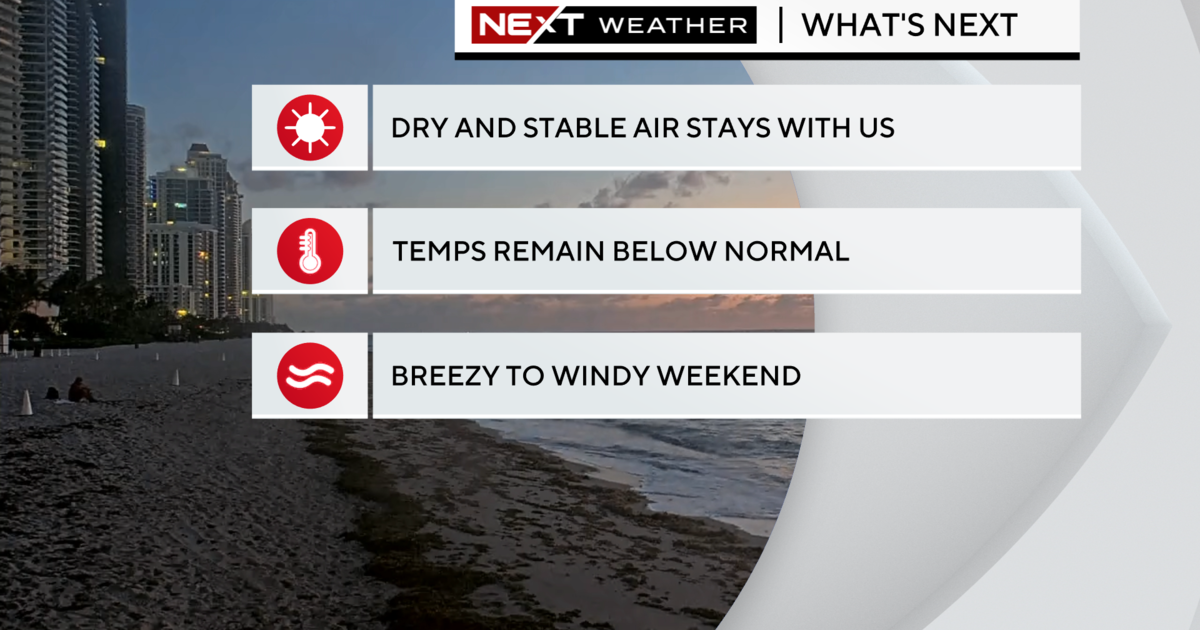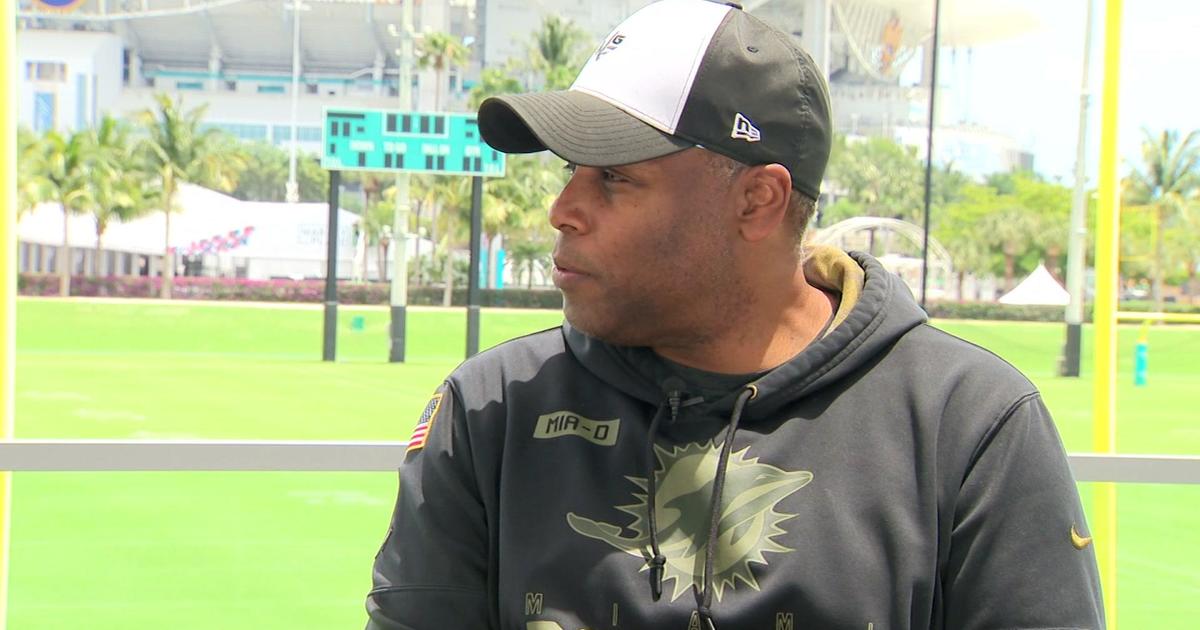Guide to hurricane supplies
When a hurricane hits, you can be on your own for 72 hours or more. In Hurricane Andrew, there was not an operating supermarket from Kendall to Key Largo for weeks after the storm. Power was out in some areas for 9 weeks. Getting the necessities of life proved to be a major challenge.
You can help mitigate some of that concern by shopping now, before a hurricane threatens, for the right supplies. The best thing to do is to purchase small amounts along with your normal shopping well before the start of hurricane season, but it's never too late to start. Waiting until a storm warning can mean you will be spending top dollar for scant supplies.
Here are supplies that should be on everyone's list. Print it, or our printable hurricane guide, and take it to the store with you.
Don't Wait!
Money
- ATM's may not work after a storm, Banks may be closed. Open businesses may not be able to accept credit cards. After a hurricane strikes, cash is king. Only you can determine how much cash you need, but consider how and where you will store it and what you might need to buy before technology returns.
Have TWO WEEKS supply of each item below for each person in your home.
Cooking
- Sterno
- Portable camp stove or grill
- Stove fuel or charcoal, lighter fluid
- Aluminum foil
- Oven mitts
Non-Perishable Foods*
- Canned meats, fruits, vegetables
- Bread in moisture-proof packaging
- Cookies, candy, dried fruit
- Canned soups & milk
- Powdered or single serve drinks
- Cereal bars
- Condiments
- Peanut butter & jelly
- Instant coffee & tea
- Camping Meals (dehydrated)
- MRE (Meals Ready To Eat) Military style complete meals
Equipment & Other Items
- Manual can opener*
- Disposable plates, cups & eating utensils
- Napkins & paper towels
- Flashlight* (one per person)
- Portable battery powered lanterns
- Glass enclosed candles (only for use after the storm)
- Battery powered (or hand crank powered) radio
- Battery operated alarm clock
- Extra batteries, including hearing aids
- Ice chest & ice
- First aid kit, including aspirin, antibiotic cream & antacids
- Mosquito repellent
- Sun screen (SPF 45 recommended)
- Waterproof matches/butane lighter
- Bleach or water purification tablets
- Maps of the area with landmarks. A bad storm can erase street signs and other landmarks
Babies
- Disposable diapers & moist towelettes*
- Formula, food & medication*
Documents
- Photo copies of prescriptions*
- Photo identification, and copies as backup*
- Proof of residence (utility bills)*
- Medical history*
- Waterproof container for document storage
- Back up copies of your home computer files
- Digital camera and memory chips
- Citizenship Documents
- Copies of your insurance documents for car and home
Other Necessities
- Tools: hammer, wrenches, screw drivers, nails, saw
- Trash bags (lots of them)
- Cleaning supplies
- Plastic drop cloth
- Visqueen (clear roll plastic) to cover holes in your
- Mosquito netting
- ABC rated fire extinguisher
- Duct tape or strong masking tape for emergency repairs (not to tape windows)
- Outdoor extension cords
- Spray paint
- Rope
Personal Supplies
- Prescriptions* (1 month supply)
- Toilet paper
- Soap, shampoo & detergent
- Toiletries & feminine hygiene products*
- Changes of clothing*
- Extra glasses or contacts
- Bedding: pillows, sleeping bag*
- Rain ponchos & work gloves
- Entertainment: books, magazines, card games, etc.*
- Hand Sanitizer
- Personal Battery Operated Fan
Pets
- Dry & canned food
- Water (half gallon per day)
- Litter box supplies
- 1 Month Supply of pet medications (heartworm tablets, etc)
Water
- See our complete guide to water here
If you are planning to go to an evacuation shelter, be sure to bring these items.



